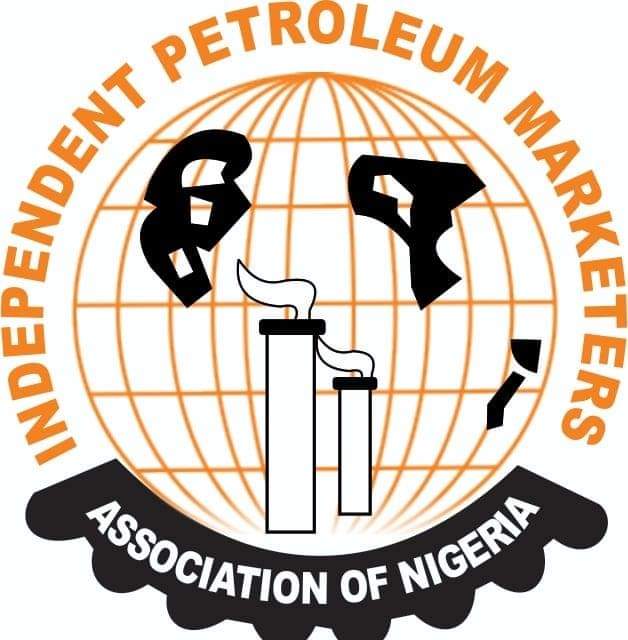The Nigerian downstream petroleum sector is undergoing a significant transformation, driven by the emergence of the Dangote Refinery and the government’s naira-for-crude policy. The arrival of the Dangote Refinery has disrupted the traditional monopoly held by the Nigerian National Petroleum Company Limited (NNPC), introducing competition and prompting price adjustments across the market. The reintroduction of the naira-for-crude deal, where Dangote Refinery receives crude oil in exchange for refined products paid in naira, has further fueled this dynamic, leading to fluctuating petrol prices and concerns among independent marketers and importers. The Independent Petroleum Marketers Association of Nigeria (IPMAN) has cautioned its members to exercise prudence in their purchasing decisions, anticipating potential price reductions by major players like Dangote Refinery and NNPC. This cautious approach underscores the volatile nature of the market and the potential for financial losses if marketers are caught off guard by sudden price changes.
The Dangote Refinery’s pricing strategy has been a key driver of market fluctuations. Following the reinstatement of the naira-for-crude arrangement, the refinery lowered its ex-depot petrol price, prompting other players, including independent marketers like SGR, to adjust their pump prices downwards. This price competition is a departure from the previously regulated market where NNPC dictated prices. While this competition benefits consumers through lower prices, it presents challenges for smaller players who must adapt to rapidly changing market conditions to remain competitive. The Dangote Refinery’s ability to influence prices reflects its significant market share and the efficiency gains from local refining, potentially creating a more dynamic and consumer-friendly market.
The naira-for-crude policy has been a point of contention within the industry. While it has facilitated local refining and potentially stabilized fuel supply, it has also raised concerns about potential advantages given to Dangote Refinery over other market participants, particularly importers. Some importers argue that the deal allows Dangote Refinery to acquire crude oil at a more favorable rate, giving it a competitive edge and forcing importers to operate with slimmer margins or even losses. This tension underscores the delicate balance the government must strike between supporting domestic refining capacity and ensuring a level playing field for all market participants. The debate highlights the complex interplay of policy, market forces, and the interests of various stakeholders in the evolving Nigerian downstream sector.
IPMAN’s advice to its members to proceed with caution reflects the uncertainties surrounding the market’s future direction. The fluctuating prices, driven by the interplay of the Dangote Refinery’s pricing decisions, the naira-for-crude policy, and global crude oil prices, create a challenging environment for independent marketers. The potential for sudden price drops by major players necessitates careful market analysis and strategic purchasing decisions to avoid significant losses. This cautious approach underscores the need for accurate market information and agility in responding to market dynamics, crucial for survival in the increasingly competitive downstream sector.
While the Dangote Refinery’s influence on market prices is undeniable, IPMAN maintains that its actions are fostering competition rather than dictating terms. The refinery’s price adjustments are seen as responses to market forces and the need to compete with imported products. This perspective suggests that the market is moving towards a more dynamic and competitive landscape where multiple players influence pricing, a shift from the previous era of NNPC dominance. While the long-term impacts of this shift remain to be seen, it holds the potential for a more efficient and consumer-focused market.
Looking ahead, industry experts emphasize the importance of a competitive market where no single player holds excessive influence. A level playing field for both importers and local refiners is considered crucial for ensuring fair pricing and preventing monopolistic practices. The roles of regulatory bodies, such as the Nigerian Midstream and Downstream Petroleum Regulatory Authority and the Federal Competition and Consumer Protection Commission, are vital in maintaining market integrity and protecting consumer interests. The future of the Nigerian downstream sector hinges on establishing a balanced regulatory framework that fosters competition, incentivizes investment, and ultimately benefits consumers through stable and affordable fuel prices.


